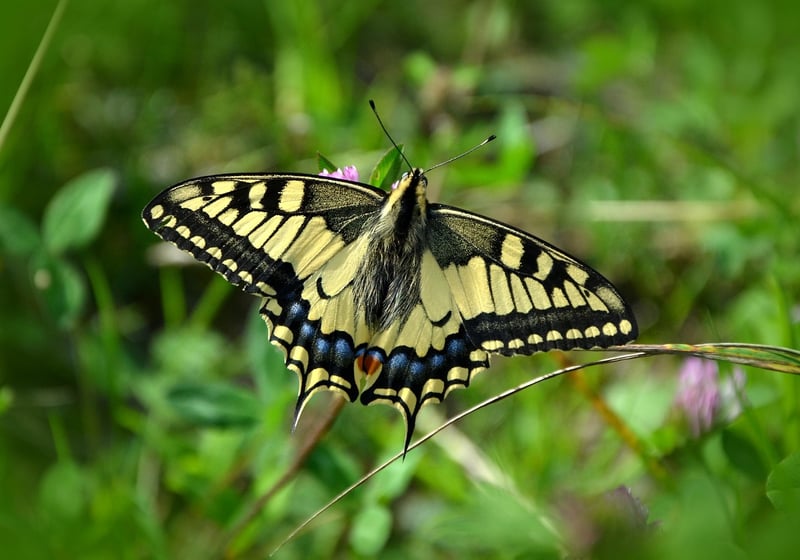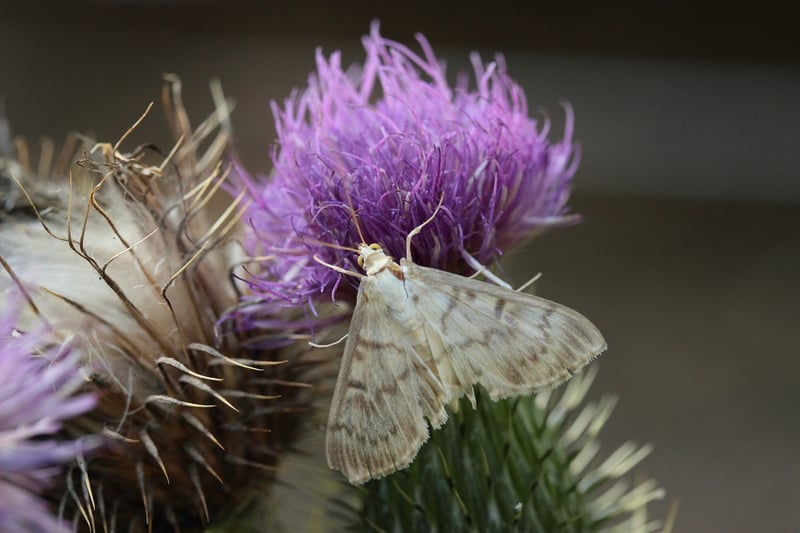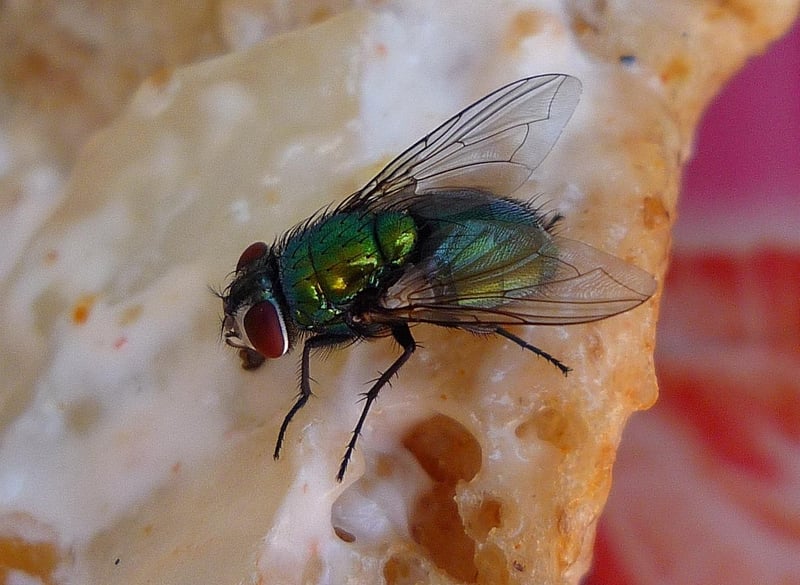Safe Insecticides
Protecting Your Plants from Pests + Safe Insecticides

Having a garden filled with lush greenery and vibrant blooms is a delight for any plant lover. However, keeping your plants healthy and thriving requires protection from pests that can wreak havoc on your garden. In this article, we will explore some effective ways to protect your plants from pests while focusing on safe insecticides that pose minimal risk to the environment and beneficial insects.
1. Identify Common Garden Pests
Before you can effectively protect your plants, it's essential to identify the common pests that may be targeting your garden. Some of the most common garden pests include aphids, mealybugs, caterpillars, and spider mites. By recognizing these pests early on, you can take proactive measures to prevent infestations.
2. Natural Pest Control Methods
One of the best ways to protect your plants from pests is by using natural pest control methods. This can include introducing beneficial insects like ladybugs and lacewings that feed on garden pests. Additionally, planting pest-repelling herbs such as basil, mint, and lavender can help deter unwanted insects.
3. Safe Insecticides
When natural methods are not sufficient to control pest infestations, safe insecticides can be used as a last resort. Opt for insecticidal soaps or neem oil, which are effective against a wide range of pests while posing minimal risk to humans, pets, and beneficial insects. Always follow the instructions on the product label for safe and effective application.
4. Regular Inspections
Inspecting your plants regularly is crucial for early pest detection. Check the leaves, stems, and undersides of leaves for any signs of pest activity such as holes, webbing, or discoloration. By catching pest problems early, you can prevent extensive damage to your plants.
5. Companion Planting
Utilize the concept of companion planting to naturally deter pests and attract beneficial insects to your garden. Planting marigolds, nasturtiums, and garlic alongside your vegetables and flowers can help repel pests and create a more balanced ecosystem in your garden.
By implementing these strategies and using safe insecticides when necessary, you can effectively protect your plants from pests while maintaining a healthy and thriving garden.

